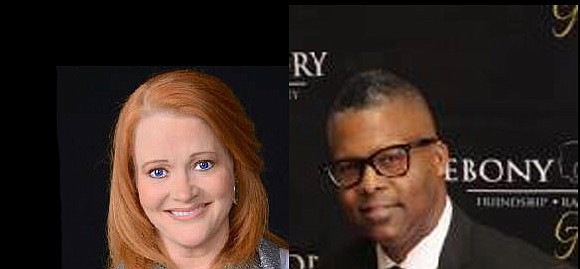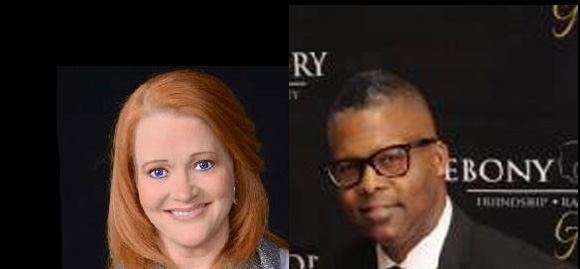Find out more
Main Street Innovations may be reached at mainstreetinnovations@gmail.com.
Diversity doesn't just happen in the business world. It has to be intentional from the top down and bottom up, according to local human resources and diversity management professionals Donna and Marty Lowe, managing partners of Main Street Innovations.
Main Street Innovations is a minority-owned firm that works with companies who want to be more representative of their communities and hope to attract a diverse talent pool. In recent months, the Lowes have also been hosting gatherings across the area called Chattanooga Speaks, which are intended to start community conversations about friendship, race and how efforts toward diversity and inclusion can impact productivity and innovation.
The idea came from attending intentionally racially mixed meetings over the last few years at the home of Franklin and Tresa McCallie.
McCallie, a retired educator, was concerned about persistent racial segregation in the city and worried missed connections and the lack of interracial friendships were hurting both whites and blacks. So the Lowes, born and raised in the region, are now taking that message to the business community.
These are a few of their tips for businesses looking to beef up their efforts toward inclusion.
* In the past human resources professionals have focused on making sure employees follow the rules and educating workers about compensation and benefits. But it's time human resource professionals act as disruptors as well, said Donna Lowe. The success of a business is determined, in large part, by the talent it can attract and keep. So human resource employees should be challenging hiring managers and executives to think about diversity and inclusion because it will benefit their businesses in the long run. As the population shifts in years to come, higher birth rates among minorities, blacks and Hispanics mean they will likely comprise a larger share of the consumer base and must be reflected in the workforce. Often innovation thrives when a business can tap into multiple perspectives.
* Businesses that want diversity need to talk about it, Lowe said. Employers should look for opportunities to engage employees in conversations about inclusion. It could mean a brown bag lunch and learn, a cocktail party with a speaker who promotes cultural sensitivity or a survey of staff attempting to assess if efforts toward diversity are or aren't working. BlueCross BlueShield of Tennessee, for instance, hosts monthly luncheons on cultural awareness and diversity challenges.
* There are opportunities to engage outsiders in the conversation. Businesses can partner with others to host community events, which might draw potential job candidates. They can reach out to people who have connections with certain minority communities, Lowe said. They can also study businesses that have been successful in creating inclusive work environments.
* Learning the pitfalls to creating a diverse working environment is also important. Business owners, managers and human resource professionals should understand how conscious and unconscious biases work. For example, candidates with foreign names often find it more difficult to secure employment even when they have the same credentials and experience of white candidates. So many businesses are now moving to name blind hiring, she said.
* If you can't find diverse talent, help create it. Limited exposure to the business world and a lack of knowledge about "unspoken rules" in professional environments are setbacks for candidates who have the work ethic and aptitude but don't always know how to navigate the business world. An educated management team and an educated human resources professional will understand how different groups of people experience different realities and know how to offer strategic solutions needed to help that individual succeed, Lowe said. It is not enough to hire minorities; mentoring and succession planning also should be in place so that minorities can rise into leadership as well.
Contact Joan Garrett McClane at jmcclane@timesfreepress.com or at 423-757-6601.

